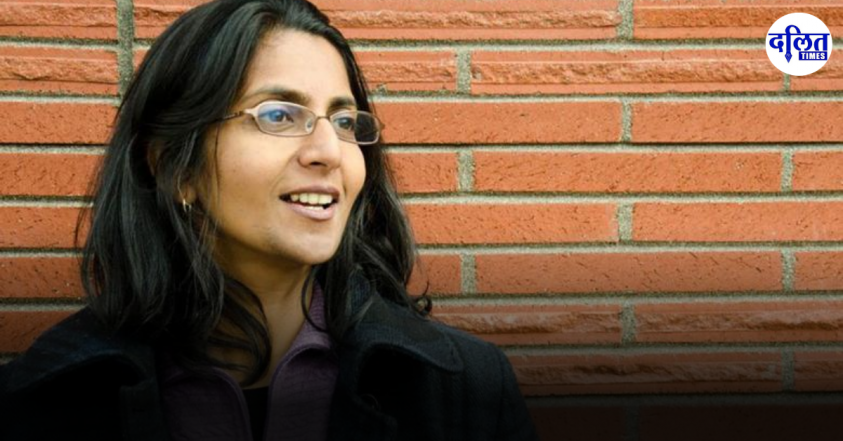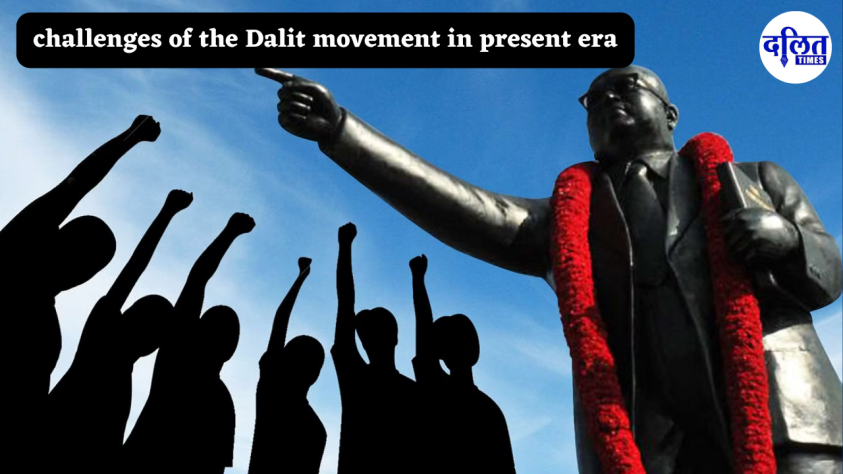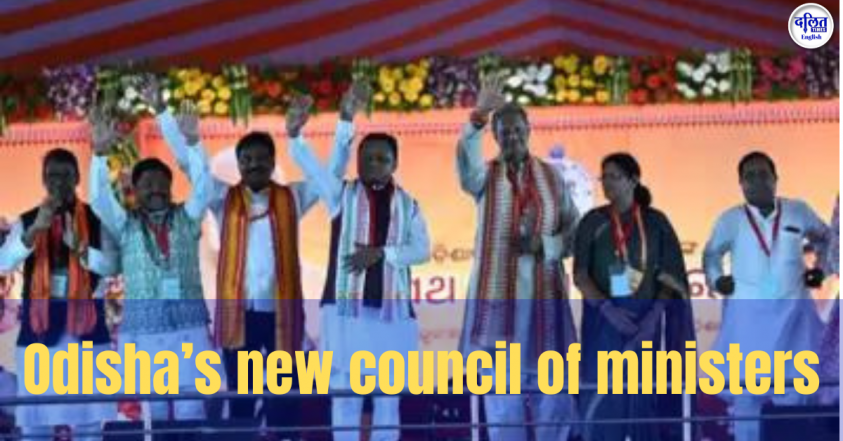Kshama Sawant, the sole Indian-American member of the council, is the person behind the 2018 survey that found caste discrimination among Indians in Seattle,USA.
Kshama Sawant- American member of the council- ground-breaking legislation- ban caste-based discrimination
Kshama Sawant, the sole Indian-American member of the Seattle City Council since 2014, played a pivotal role in addressing caste discrimination within the city. She born in Pune, India, and moved to the United States in the late 1990s. As a member of the Socialist Alternative party, Khama Sawant is a passionate advocate for workers’ rights, affordable housing, and social justice initiatives. Her leadership was instrumental in conducting a 2018 survey that revealed caste-based discrimination among Indians in Seattle, marking the foundation for subsequent legislative action.
Seattle Becomes First U.S. City to Ban Caste Discrimination:
In a historic move, Seattle became the first city in the United States to ban caste-based discrimination. The landmark legislation, introduced by Sawant, was hail as “ground breaking.” In February 2023, the Seattle City Council voted 6-1 to add caste as a protected category under its anti-discrimination laws. The legislation prohibits discriminatory practices in businesses, including hiring, promotion, workplace conditions, and wages. Furthermore, it extends protections to public spaces such as hotels, public transportation, restrooms, and retail establishments. It also addresses caste-based discrimination in housing, covering rental agreements, property sales, and mortgage loans.
Also Read : Caste-Based Social Boycott Alleged in Madhya Pradesh Village Over Prasad Consumption
Impact and Reactions:
This historic measure has sparked significant discussions about caste discrimination within the South Asian diaspora in the U.S. Some community members have expressed concerns that the law might unfairly target South Asians. However, advocacy groups like Equality Labs have highlighted the pervasive nature of caste-based bias and underscored the importance of legal protections. Sawant’s advocacy has inspired similar conversations and proposals in other U.S. cities and states. The decision has heightened awareness of caste-based bias and prompted debates on how best to address this overlooked form of discrimination within various institutions and communities.
Championing Social Justice:
“This is truly groundbreaking legislation; it will be a beacon for councils and communities across the country,” Sawant declared prior to the council’s vote. Ms Kshama’s efforts emphasized the importance of addressing discrimination that has historically marginalized individuals, particularly within South Asian communities. Beyond the anti-caste legislation, Sawant was instrumental in introducing and passing a resolution in the Seattle City Council against India’s Citizenship Amendment Act (CAA) in 2020. This move strained her relationship with the Indian government, which has since denied her visa applications to visit her critically ill mother in Bangalore. Despite being denied a visa twice, Sawant remains steadfast in her activism.
Understanding Caste Discrimination:
Caste discrimination is rooted in a hierarchical social system prevalent in South Asia, particularly in India. Although conventionally linked to Hindu society, caste-based prejudices have permeated other religious and social groups. This system has led to centuries of exclusion and marginalization for lower-caste communities, especially Dalits, also known as “untouchables.” Despite the geographical distance from its origins, caste-based discrimination has persisted in South Asian diaspora communities in the U.S. As awareness has grown, so too has the demand for legal protections.
A National Precedent:
Seattle’s decision is expected to have far-reaching implications. Sawant emphasized that this legislation sends a strong message to other municipalities and states across the country. Advocates hope it will inspire similar legislative actions to address caste-based discrimination elsewhere. While some critics argue that caste discrimination is not widespread in the U.S., supporters maintain that all forms of discrimination warrant acknowledgment and action.
A Voice for the Voiceless:
Civil rights activists and social justice organizations have lauded Seattle’s decision. Many view it as a pathway toward justice for marginalized communities. “This is a victory not just for South Asians but for all communities committed to fighting oppression,” remarked one activist after the vote. The council’s action marks a pivotal moment in the fight against discrimination and underscores the evolving understanding of civil rights in America. By formally recognizing caste as a category of discrimination, Seattle has set a precedent that could reshape anti-discrimination laws nationwide.
Also Read : Kejriwal’s confession: “I couldn’t fulfill three promises…”, a new deadline or an attempt to mislead?
Aftermath of the Legislation:
The new law prohibits discriminatory practices in businesses, including hiring, promotion, workplace conditions, and wages. Additionally, it extends protections to public spaces such as hotels, public transportation, restrooms, and retail establishments. The legislation also safeguards against caste-based discrimination in housing, including rental agreements, property transactions, and mortgage lending.
This pioneering legislation has ignited meaningful discourse on the prevalence of caste-based prejudice within the South Asian diaspora in the U.S. While some community members have raised concerns about potential stigmatization, advocates, including Equality Labs, have emphasized the pervasive nature of caste discrimination and the critical need for legal safeguards. Seattle’s landmark decision has set a transformative precedent, sparking similar conversations and legislative efforts in other cities and states. It has also heightened awareness of caste-based bias, compelling institutions and communities to confront and address this often-overlooked form of discrimination.



